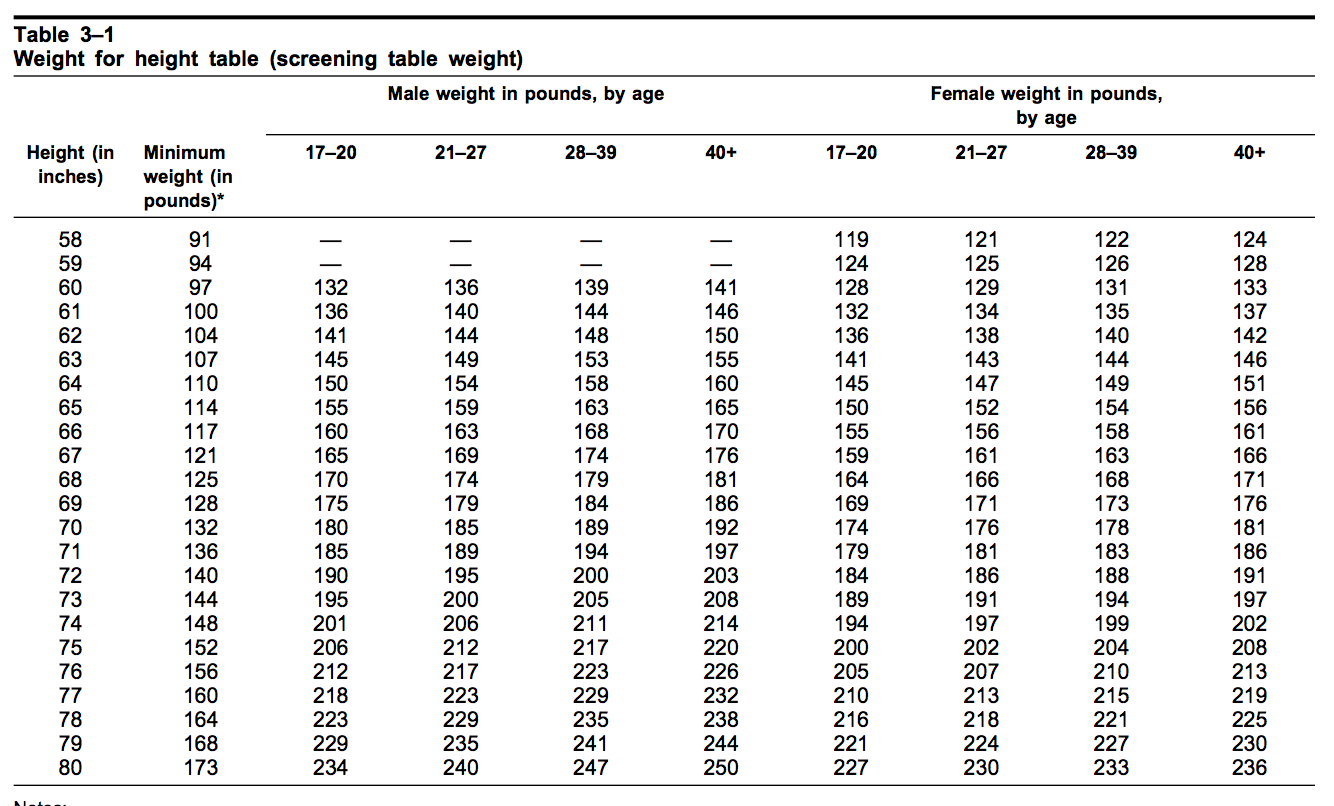The weight carried by army personnel plays a crucial role in military operations. It not only affects the performance of soldiers on the field but also determines their ability to navigate various terrains and conditions. The concept of "army weight" encompasses not just the physical weight of equipment and gear that soldiers must carry, but also the implications of that weight on their overall health and combat readiness. As military standards evolve, understanding the balance between necessary gear and manageable weight becomes increasingly important for enhancing soldier effectiveness.
In the dynamic world of military engagements, soldiers are required to carry an extensive array of equipment, from weapons and ammunition to survival gear and communication devices. The challenge lies in ensuring that the total army weight remains within limits that allow for optimal performance. A soldier's physical conditioning, training, and adaptability to these weight demands can significantly influence the outcome of missions. As such, it is vital for military organizations to continuously evaluate and adapt their weight standards to meet the evolving landscapes of warfare.
In this article, we will explore the various dimensions of army weight, its implications on soldiers, and how military organizations are addressing the challenges associated with it. We will delve into the importance of weight management, the effects of carrying heavy loads, and the strategies employed by armies around the world to enhance soldier capabilities while ensuring their safety and longevity in the field.
What is Army Weight?
Army weight refers to the total burden carried by soldiers during operations, which includes not only their uniforms and personal equipment but also mission-specific gear. This weight can significantly vary based on the type of mission, the environment, and the soldier's role within a unit. The standard weight range can be from 50 to 120 pounds, depending on the assignment.
Why is Army Weight Important?
The importance of army weight lies in its direct correlation to a soldier's performance and effectiveness. Carrying excessive weight can lead to fatigue, decreased mobility, and increased risk of injury. Therefore, military strategists must find the right balance between equipping soldiers with necessary tools and managing the overall weight they must bear. This balance is critical for ensuring that soldiers can maintain stamina and execute their tasks efficiently during prolonged operations.
How Does Army Weight Affect Soldier Performance?
Carrying heavy loads can have several effects on soldier performance:
- Physical Strain: Excessive weight can lead to injuries, including musculoskeletal problems and fatigue.
- Mobility Challenges: Soldiers may experience decreased agility and speed, hampering their ability to respond to threats.
- Psychological Impact: The mental strain of carrying heavy loads can affect morale and combat readiness.
What Are the Standards for Army Weight?
Different military organizations have established standards for army weight, taking into account the physical capabilities of soldiers and the demands of modern warfare. For instance, the U.S. Army has guidelines that suggest a soldier's load should not exceed 20% of their body weight in order to maintain optimal performance. These standards are continually reviewed and adapted based on research and feedback from soldiers in the field.
How is Army Weight Managed During Training?
Effective training programs are designed to help soldiers adapt to carrying their designated army weight without compromising their physical health. Key components of these training regimens include:
- Strength Training: Building muscle strength to better handle heavy loads.
- Endurance Training: Enhancing cardiovascular fitness to maintain energy levels during long missions.
- Load-Bearing Exercises: Simulating real-life scenarios to prepare soldiers for the physical demands of their duties.
Are There Innovations in Reducing Army Weight?
Yes, military organizations are actively seeking ways to reduce army weight through technological innovations. Advancements in materials science have led to the development of lighter, more durable gear that maintains functionality without adding unnecessary weight. Examples include:
- Advanced Fabrics: Lightweight, breathable materials for uniforms and gear.
- Modular Equipment: Gear designed to be customizable and removable based on mission requirements.
- Battery Technology: Lighter batteries with longer life for electronic devices.
What Are the Consequences of Overloading Soldiers?
The consequences of exceeding recommended army weight limits can be severe, impacting not only the individual soldier but also the effectiveness of the entire unit. These consequences may include:
- Increased Injury Rates: Higher likelihood of strains, sprains, and other injuries.
- Reduced Operational Readiness: Soldiers may be unable to perform their duties effectively.
- Long-Term Health Issues: Chronic problems arising from carrying excessive loads over time.
How Can Soldiers Prepare for Army Weight Challenges?
Preparation is key to managing the challenges of army weight. Soldiers can take several proactive steps to improve their ability to carry heavy loads, including:
- Regular Fitness Assessments: Ongoing evaluations to track physical condition and identify areas for improvement.
- Personalized Training Regimens: Tailoring fitness programs to individual needs and mission requirements.
- Proper Gear Selection: Choosing the right equipment that balances weight and functionality.
What Role Does Nutrition Play in Managing Army Weight?
Nutrition is an integral part of preparing for the physical demands of carrying heavy loads. A balanced diet can help soldiers maintain optimal energy levels and muscle strength. Key aspects of nutrition include:
- Protein Intake: Essential for muscle recovery and growth.
- Hydration: Maintaining fluid levels to prevent fatigue and improve performance.
- Carbohydrates: Providing the necessary energy for endurance during long missions.
Conclusion: The Future of Army Weight Management
As the landscape of warfare continues to evolve, so too must the strategies surrounding army weight management. Military organizations must remain agile in their approach to equipping soldiers while ensuring that they can perform at their best. Through innovative technologies, comprehensive training, and a focus on soldier health, armies can continue to adapt to the challenges posed by army weight, ultimately enhancing mission success and soldier well-being.
Unveiling The Life And Influence Of Karen Valentine
Unveiling The Love Story Of Jennifer Aniston's Husband
Understanding Jamaican Slang: What Is Jamaican Slang For Friend Or Bro Meme?


